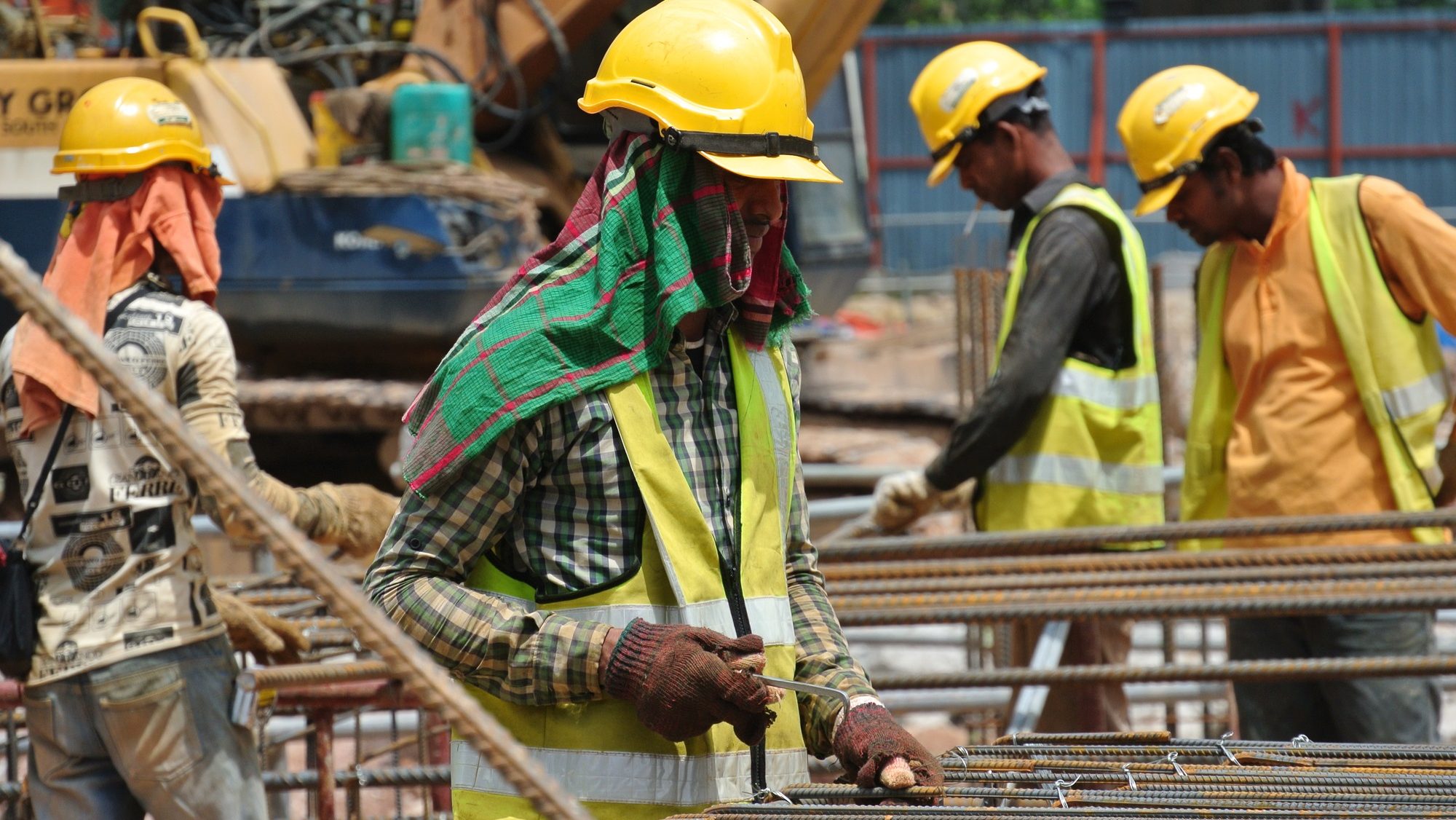SINGAPORE: As the political landscape in Bangladesh undergoes a dramatic shift, Singapore’s construction sector is experiencing the fallout.
The turmoil, sparked by student protests over job quotas, has led to an exodus of Bangladeshi workers back to their homeland and a logistical nightmare for companies trying to bring in new labour.
The controversy surrounding the job quota system, which allocates certain public sector positions to veterans of Bangladesh’s 1971 independence war, escalated into widespread violence.
This unrest ultimately resulted in Prime Minister Sheikh Hasina’s resignation and dramatic escape to India.
In the wake of this political chaos, an interim government led by Nobel Peace Prize winner Muhammad Yunus has taken the reins to steer the country towards fresh elections.
Singapore’s construction sector is grappling
Singapore-based construction firms, heavily reliant on Bangladeshi labour, are now grappling with the consequences. Hitomo Construction, for instance, has seen a significant portion of its Bangladeshi workforce request emergency leave to return home.
With Bangladeshi workers making up 60% of its foreign labour force, the company has had to balance accommodating its employees’ needs and maintaining project schedules.
“The situation has definitely impacted our ongoing projects,” shared Serene Pan, director of Hitomo Construction.
The company has had to implement a staggered leave system to manage the requests, but some workers were so insistent on returning home that the company had no choice but to let them go.
In an attempt to fill the gaps left by departing workers, construction firms like Hitomo have turned to local foreign transfer workers and even tried to recruit new workers from Bangladesh.
However, a near-total internet shutdown in Bangladesh, caused by protesters setting fire to the state broadcaster, has made online recruitment nearly impossible.
SM Singapore, a contractor services firm, also faced challenges with new hires from Bangladesh. The internet outage and delays in issuing necessary paperwork have hindered the company’s ability to bring in new workers.
Despite these hurdles, the company remains optimistic that the situation will normalize post-election.
SG construction firms adapting
While the political turmoil has caused concern among Bangladeshis in Singapore, many have also expressed a sense of relief and solidarity with the protesters.
Dr Muntasir Mannan Choudhury, a Singapore permanent resident and senior consultant hand surgeon, described the resignation of Prime Minister Hasina as a “sense of immense relief” and the end of a “long dark night.”
Dr Muntasir and others believe that the protests were a culmination of years of discontent over issues like corruption and limited freedom of speech. They see the inclusion of student leaders in the new Cabinet as a positive step towards representing the people’s voices.
Abdullah Hilton, a Bangladeshi business owner who has been in Singapore for 17 years, echoed these sentiments. He expressed concern for his family’s safety during the height of the protests but is now hopeful about the changes the protests have brought about.
“Because of the student protesters, the future government will not dare to do anything dishonest,” Mr. Abdullah said.
As Bangladesh moves towards a new chapter, the construction industry in Singapore waits to see how the political developments will shape the future of its workforce.
For now, companies are adapting to the challenges while holding onto the hope that stability will return to their primary source of labour.

